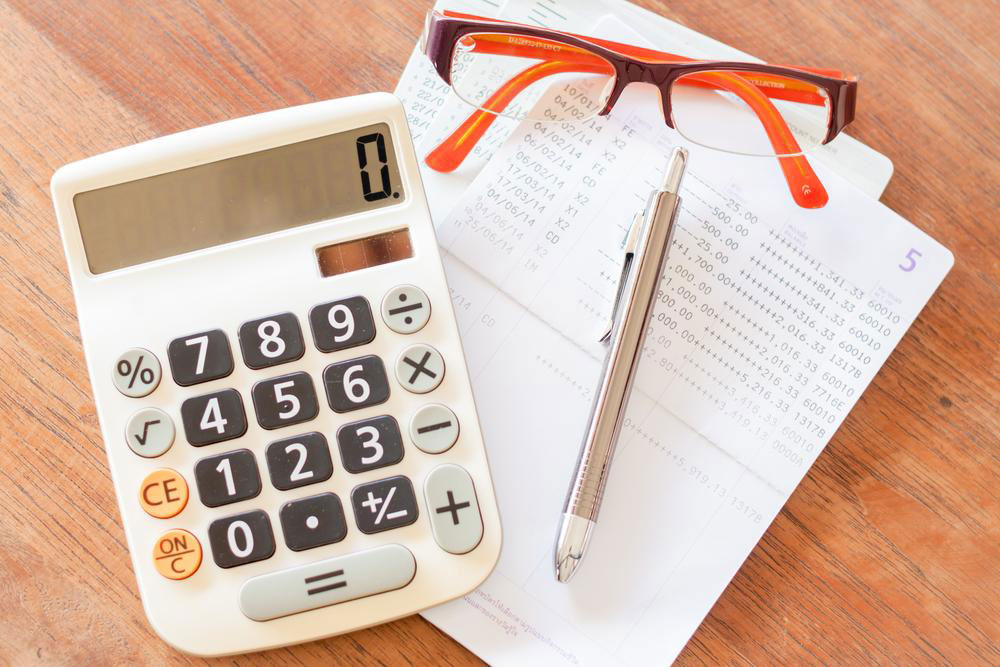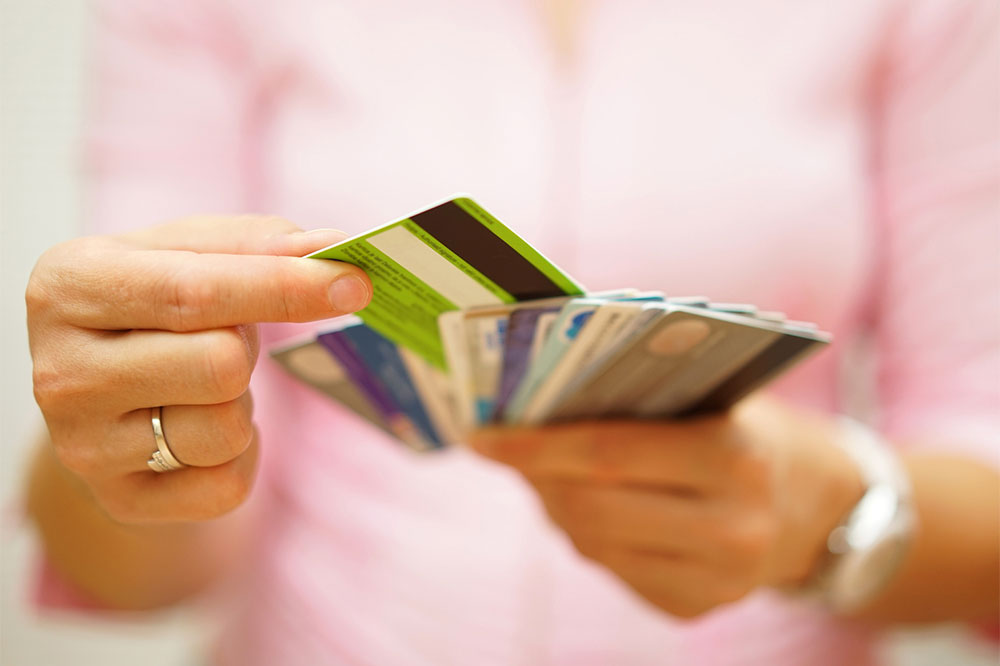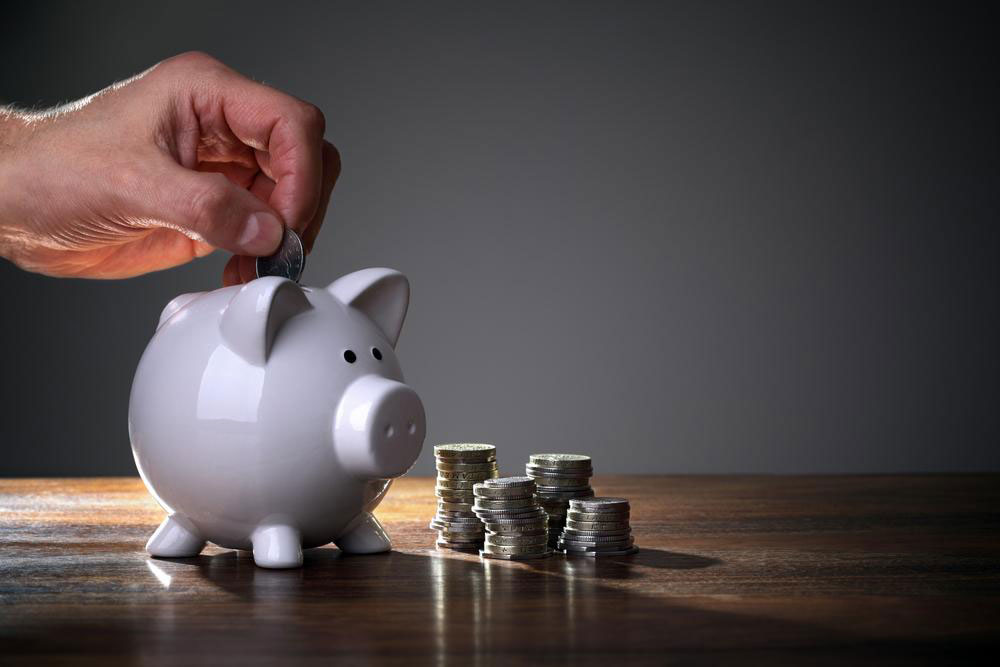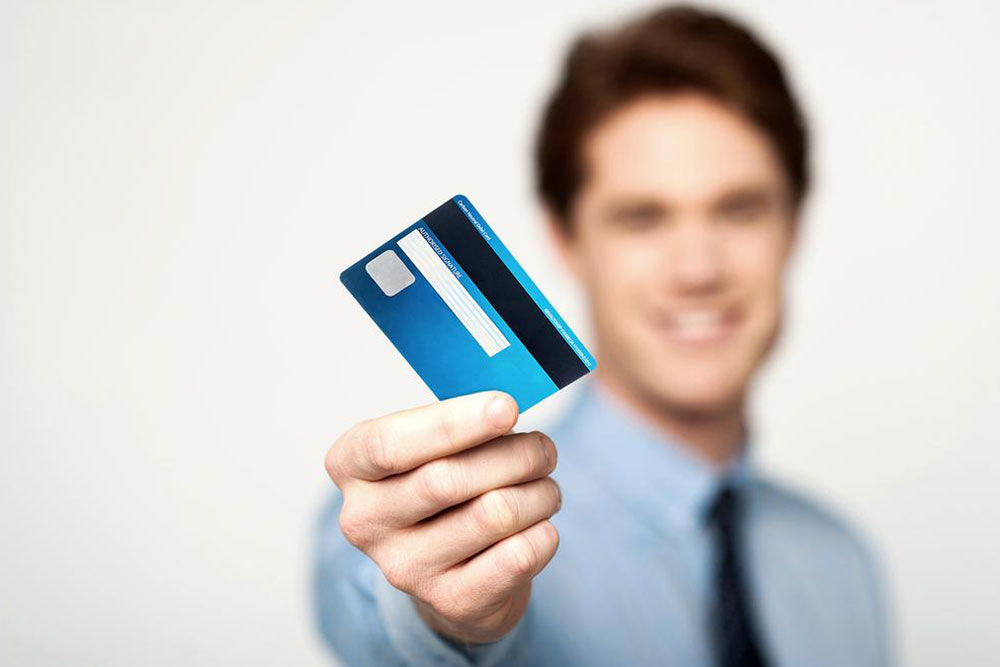Direct Deposit Transactions – Benefits and Tips to Follow
Direct deposit is a great way to receive and send money quickly and securely. It is a unique payment system that most banks offer to their customers, both individuals and businesses. But they may charge a small fee for this facility. This guide will cover everything you need to know about direct deposit: what it is, its advantages, and a few tips to follow when opting for this transaction system.

What is direct deposit?
It is a payment facility that allows others to transfer money directly into your direct deposit account. The amount is usually sent through electronic funds transfer. It means it is sent electronically to your bank and does not involve any physical paper check. All you have to do is fill up a form to convert your checking or savings account into a direct deposit account. After that, you can receive money electronically into that account.
Direct deposit is mainly used to receive monthly payroll payments, but you can also use the facility for other transactions. For instance, people get their tax refunds through direct deposit checks. These days there are also many prepaid debit cards with a direct deposit facility. These cards allow you to receive payments directly into your linked bank account.
What are the benefits of direct deposit?
Having a direct deposit account is an easy way to receive money as it eliminates the need to go to the bank and deposit a paper check yourself. Besides that, there are several advantages. Some of them have been listed down below:
Tension-free way of receiving money
If someone issues a paper check, you might constantly worry about losing it. Sometimes, you might forget to carry it along to the bank at the time of encashing, leading to a lot of confusion. So, how is direct deposit better? When someone like your employer sends money electronically, it cannot be lost or stolen because no physical paper check is involved. There is no question of someone else encashing the money as it is directly deposited into your bank account.
Saves time
Having a direct deposit account is more convenient. It saves time because it allows you to pay bills and make other payments directly from your bank account. The amount is processed and sent to the recipient’s bank within a few business days, depending on the financial institution. The recipient does not have to wait for a check in the mail or visit the bank for encashment. Instead, they can access their funds anytime via online banking or a mobile app.
Secure mode of payment
Direct deposit is a great way to receive money securely. Electronic systems are hard to break into, and any fraudulent activity can be traced. Whether a student, stay-at-home parent, or just someone who likes to get paid every two weeks, direct deposit ensures your money is always in your account when it is supposed to be.
Helps with budgeting
Direct deposit also helps you budget more effectively because you can easily access your transaction history online. With a paper check, it is hard to know what is gone unless you keep track of yourself. With direct deposit, all the numbers are right in front of you!
Tips to follow while using direct deposit bank accounts
Although this is a convenient way to receive your paycheck, you must be careful. Follow these tips when using direct deposit to ensure you get the most out of this service:
Ensure you can access the account
Ensure you have access to the account where your paycheck will be deposited. If you do not have access or there are issues with the direct deposit bank account, contact the bank immediately so they can fix it before their mistake causes problems for you and your employer.
Verify the received amount
Always double-check if the amount you received electronically matches the employer’s agreed-upon. If there are any discrepancies, contact your employer immediately so they can take care of it. Or else, you may have an issue with taxes or other financial obligations due to receiving an incorrect amount.
Do not forget about those fees
Direct deposit transactions often come with fees, so make sure you know how much money will be taken out of each check. Set aside enough money to cover those fees, so they do not come as a surprise later. Is it also advisable to inquire about these fees with the bank before signing up for the facility.
If you use direct deposits wisely, they can be an effective financial tool. You can rest assured of receiving your hard-earned money without delay. It is also a great way to track your finances and ensure you never miss a payment. There are some downsides, though; for instance, it might be challenging to get the money back in case of an incorrect transaction.




